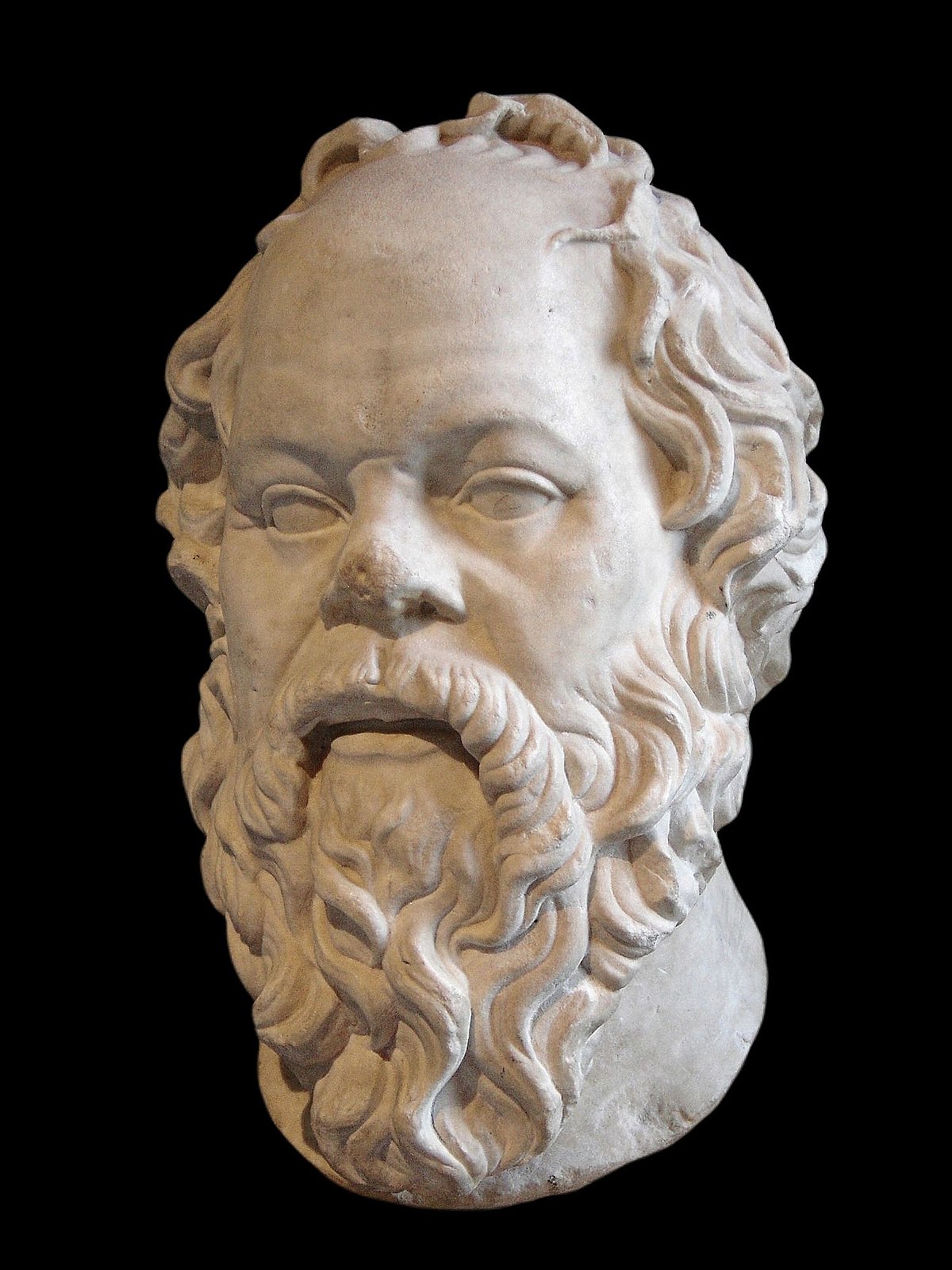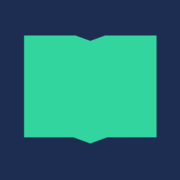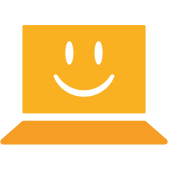Critical Thinking in the Age of Functional Illiteracy
Rethink education: How over-reliance on institutions, books, and AI may limit true understanding and critical thinking. Embrace active learning.
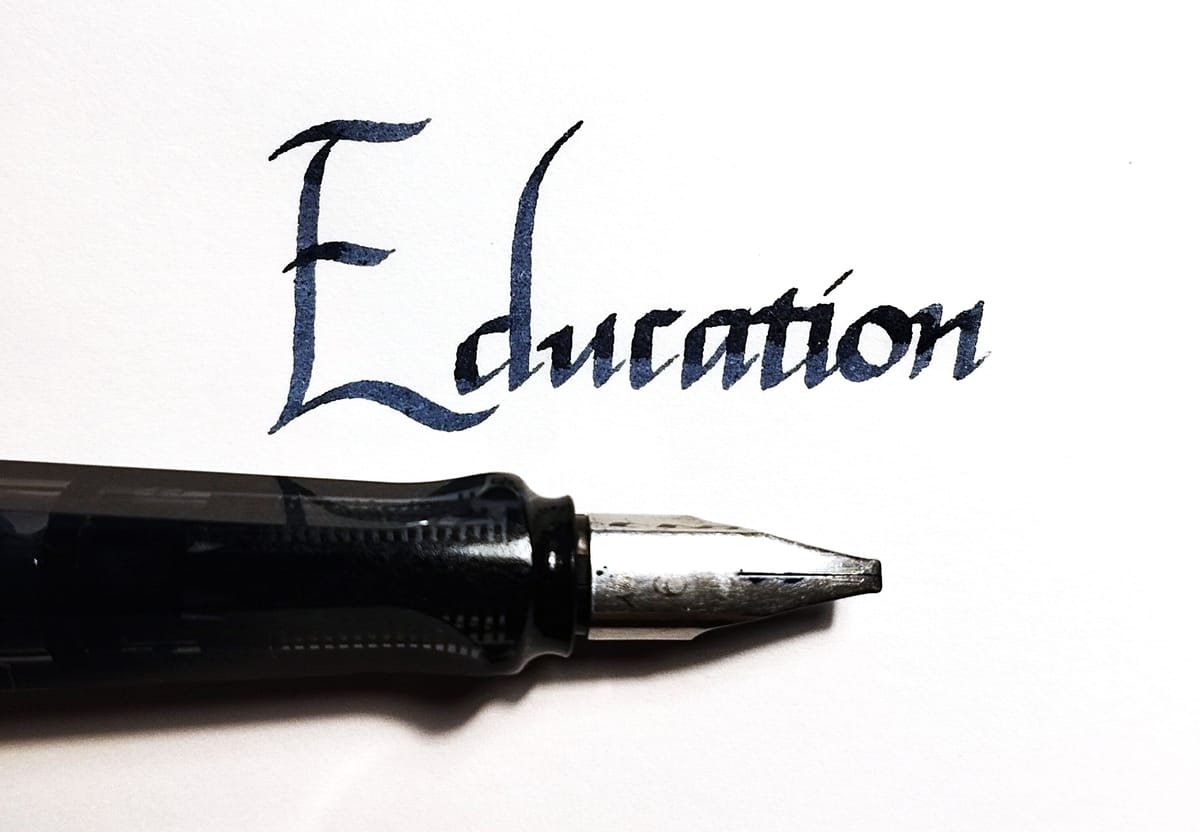
Since the 60’s there has been quite a surprising trend in major developed economies, especially in the bourgeois and upper middle class. I’m talking about a misconception driving people to think of institutions as the only places to get an education.
What are we exactly talking about when saying “education”?A sort of course in a specified field? Some years in high school, followed by university?
An apprenticeship? You might say all of these are valid, or some are not. Unfortunately, none of these give you what we are looking for, so let’s dive in to see what is happening and how we got into this mess.
Purpose and Reading
The objective of training, getting an education and going to lectures, is to learn to use to its fullest extent what we are all given at birth, a brain.
Pushing the limits of reasoning, finding new ways of tackling problems and living a better life.Topics such as symptoms and signs of diseases, property laws, speed of sound, and gravity equations; all these things are for the books, not for the brain.
How are the schools and academies doing regarding this? The answer is only one, badly.
In Europe and North America, we now reach 99% of alphabetization, that means almost everyone has received a basic form of schooling to be able to read and write. Even so, there is a common form of an-alphabetization that is becoming a plague in most of the Western world, and that is “functional illiteracy”. Most expert in linguistics and philosophy agree that about 1 person out of 2 is such.
What does that mean?
It means that one can read, but cannot comprehend the meaning behind a text.
Essentially being able to read bank statements, hotel bookings and other stuff, but struggling to understand the meaning behind a more challenging text like a book or a poem. This is quite concerning and a question arises spontaneously: Could we possibly be learning wrong, inappropriately using our tools, and if so how?
Humans and their tools
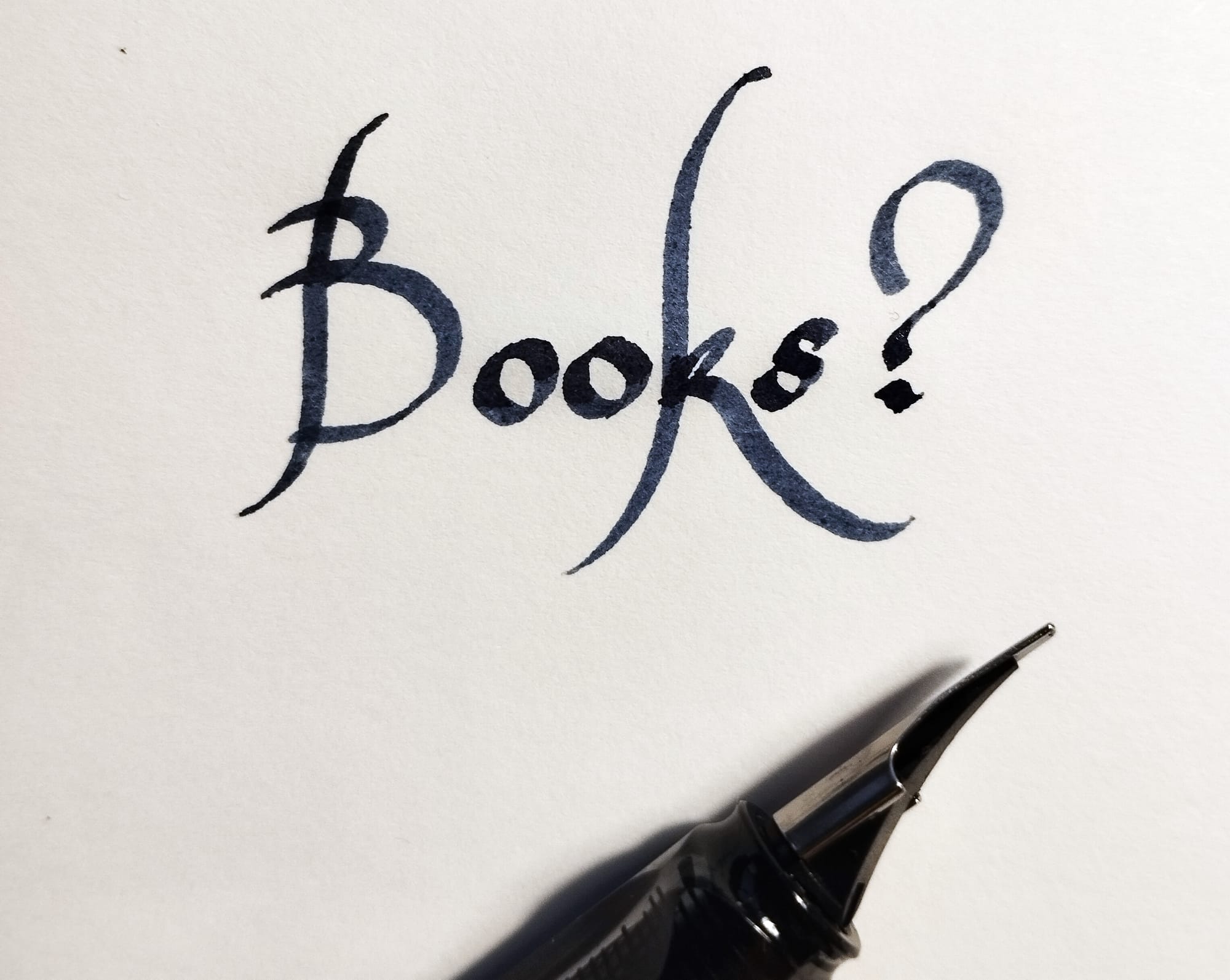
Creating tools has been at the core of human evolution. Technic ( Greek: τέχνη,) later known as “technology”, allowed us to reach in the past 300 years (but also in the past millennia) key milestones for all our endeavours. However, the human brain easily plays tricks. Even though an invention is created with a specific spirit, instead of acting of us as acting as creators, we become the slaves of our own creation.
Skeptic or confused about this statement? I will now bring you two examples.
Books are dangerous
The first one is quite ancient, about 300 B.C. and comes from the famous philosopher Plato.
In the writings of Phaedrus, Socrates tells his disciples this story.
Among the ancient Egyptian gods, there was one called Theuth who discovered “number and calculation, geometry and astronomy, as well as the games of draughts and dice, and above all else, writing” (Phaedrus, 274d).
One day, Theuth visited Thamus, King of Egypt, urging him to disseminate the arts around Egypt. For each art that Theuth presented, Thamus offered his praise and criticism.
When it came to writing, Theuth said:O King, here is something that, once learned, will make the Egyptians wiser and will improve their memory; I have discovered a potion for memory and for wisdom. (Phaedrus, 274e)
But Thamus replied that, as the “father of writing,” Theuth’s affection for writing had kept him from acknowledging the truth about writing. In fact, Thamus asserted, writing increases forgetfulness rather than memory. Instead of internalizing and understanding things, students will rely on writing as a potion for reminding. Moreover, students will be exposed to many ideas without properly thinking about them.
Thus, they will have an “appearance of wisdom” while “for the most part they will know nothing” (Phaedrus, 275a-b).
Sounds familiar? Should be so, as today we value books in such a high regard, they are a necessity to pass on knowledge for the next generations. At what cost though? Well there is no cost, but a dangerous trap that would make us pay such a high cost.The one where we fall trap of our own tools.
When reading a book, the content does not change, you can read it as many times as you want, and it will give you always the same answer. What must be alert is our critical mind and be able to interpret what we read, not making our mind a collection of stuff we read. Ever wondered why for the past 50/60 years we struggle to have a new Michelangelo, Shakespeare or great thinkers like Foucault and Nietzsche?The reason lies exactly in how we use knowledge. Falling prey to our own tools (in this case the book), putting our minds at rest.
Now turned off, we are passively taking in information, falling under the impression that we are somewhat learning.What happens then in all the branches of art?
That brings us to the next big tool we are all talking about at the present day, AI. As with the books, it is easy to fall prey to our own inventions and become subjugated by AI and similar byproducts like chat-gtp or other systems. If books are only to store knowledge, AI is to automate repetitive and laborious processes, thus freeing humans and giving them more time to do constructive things.For some reason there has been a common schizophrenia regarding this topic. Most media talking about job losses, robots takeover and other dystopian scenarios.
This is merely a tool. As hammers and chisels are an extension of our arms, so AI is an extension of our brain for tedious processes that do not require critical thought.
Chat gtp, Robots and automation all require coding which is made by humans. Of course, through repetitive experiments, the machine can become good at a task, close to perfection (see chess and similar). Unfortunately, that has often been confused with intelligence. This is no more than just brute forcing through an incredible amount of scenarios, and that gives a machine the impression of being intelligent. It is not. How do we beat humans at chess, what conditions do we have to set in order to find all scenarios, how to identify patterns? That is true critical thinking, given to the machine under the form of coding.
Useful Links
